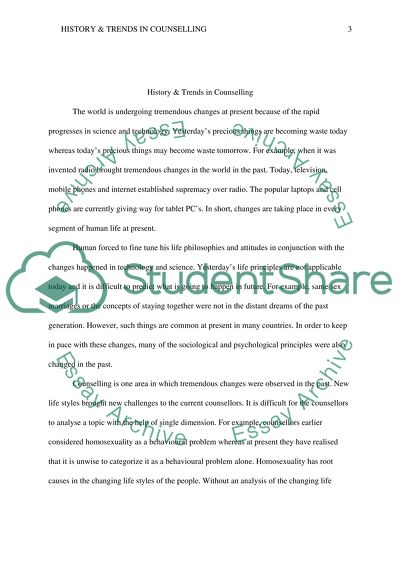Cite this document
(“The analysis History and Trends in Counselling Research Paper”, n.d.)
Retrieved de https://studentshare.org/psychology/1391805-the-analysis-history-and-trends-in-counselling
Retrieved de https://studentshare.org/psychology/1391805-the-analysis-history-and-trends-in-counselling
(The Analysis History and Trends in Counselling Research Paper)
https://studentshare.org/psychology/1391805-the-analysis-history-and-trends-in-counselling.
https://studentshare.org/psychology/1391805-the-analysis-history-and-trends-in-counselling.
“The Analysis History and Trends in Counselling Research Paper”, n.d. https://studentshare.org/psychology/1391805-the-analysis-history-and-trends-in-counselling.


